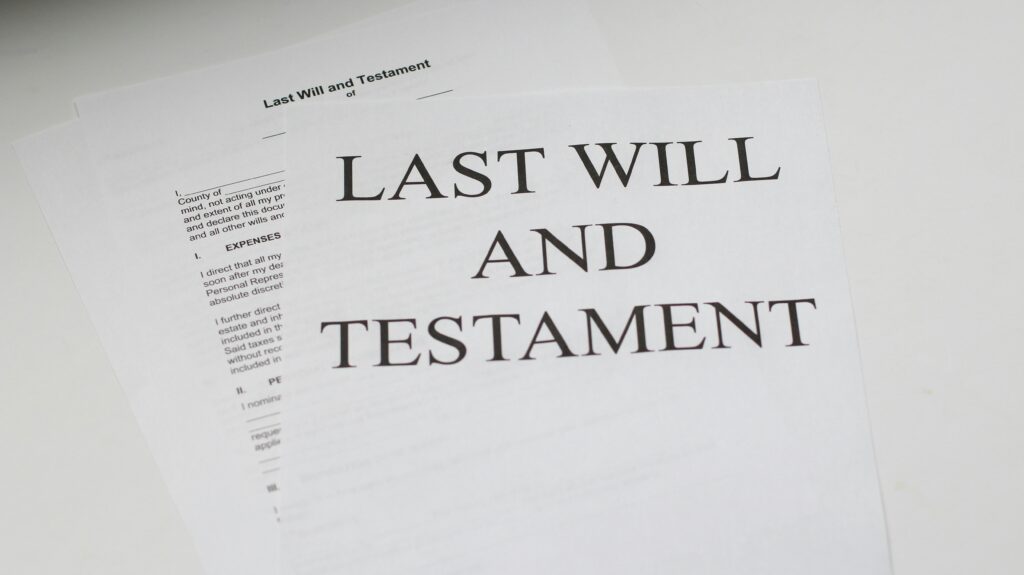- The Tarquini Firm, LLC
Will,Trust, Estate and Probate Attorney
Willow Ridge Executive Office Park
750 Route 73 South, Suite 104B
Marlton, NJ 08053

Meet Our Founder
Dana earned her Juris Doctorate at the Beasley School of Law at Temple University. Prior to that, she earned her Bachelor of Arts at the University of Maryland and Master of Arts at the University of Delaware. During her career, Dana has been recognized as a “Rising Star” by Philadelphia Magazine and an “Awesome Attorney” by South Jersey Magazine. Dana is proud to have been included in the VIP Hall of Fame for pro bono work for Philadelphians needing assistance. Dana is admitted to the New Jersey and Pennsylvania, the United States District Court for New Jersey, and the Eastern District of Pennsylvania. She also sits as an Arbitrator in the Superior Court of New Jersey in Monmouth and Mercer Counties. Dana serves her community through volunteer work with the BSA Scouts, sits as the Joint Committee Chair for a committee supporting two linked BSA Troops, and is a committee member for a BSA Ship. Dana enjoys the outdoors, camping, hiking, and generally enjoying the lakes and waterways in and around the New Jersey Pine Barrens with Virgil, her loyal dog.
Our Areas of Practice
In The Tarquini Law Firm LLC, we work to protect client’s assets and ensure that their wishes are carried out after their death. We help clients develop comprehensive plans to protect their assets.
Last will and testament
This area of practice involves creating legal documents that specifies how the person’s assets should be distributed after their death and appoints guardians for minor children, if applicable.
Trust
Legal arrangements that allow assets to be managed and distributed according to specific instructions. Trusts can help avoid probate, minimize taxes, and provide for beneficiaries with special needs.
Estate Planning
Estate plan is a comprehensive set of legal documents and instructions that outline how a person’s assets and affairs should be managed and distributed both during their lifetime and after their death.
Why make an Estate Plan?
1. Taking Care of Loved Ones: With an estate plan, you can make sure your family, kids, and pets are taken care of just like you want them to be.
2. Avoiding Arguments: Sometimes, when people don’t have a plan, their family can argue about who gets what. Planning can help avoid fights and hurt feelings.
3. Protecting Your Stuff: You’ve worked hard for your belongings, so ensuring they go to the right people or causes when you’re gone is essential.
4. Making Tough Choices Easier: If you’re sick and can’t make decisions, an estate plan helps by letting someone you trust make choices for you.
5. Saving Money and Time: Without a plan, your family might have to spend a lot of time and money in court sorting things out. An estate plan can help them avoid that hassle.
Overall, making an estate plan is a way to make sure things go smoothly for your loved ones after you’re gone.

What is a Durable Power of Attorney?
What happens if a person does not have a will?
Testimonials
Sandra Rostek
Reverse Mortgage Specialist.
Dana does excellent work and has been instrumental in finding optimal solutions for clients in multiple areas of the law.





